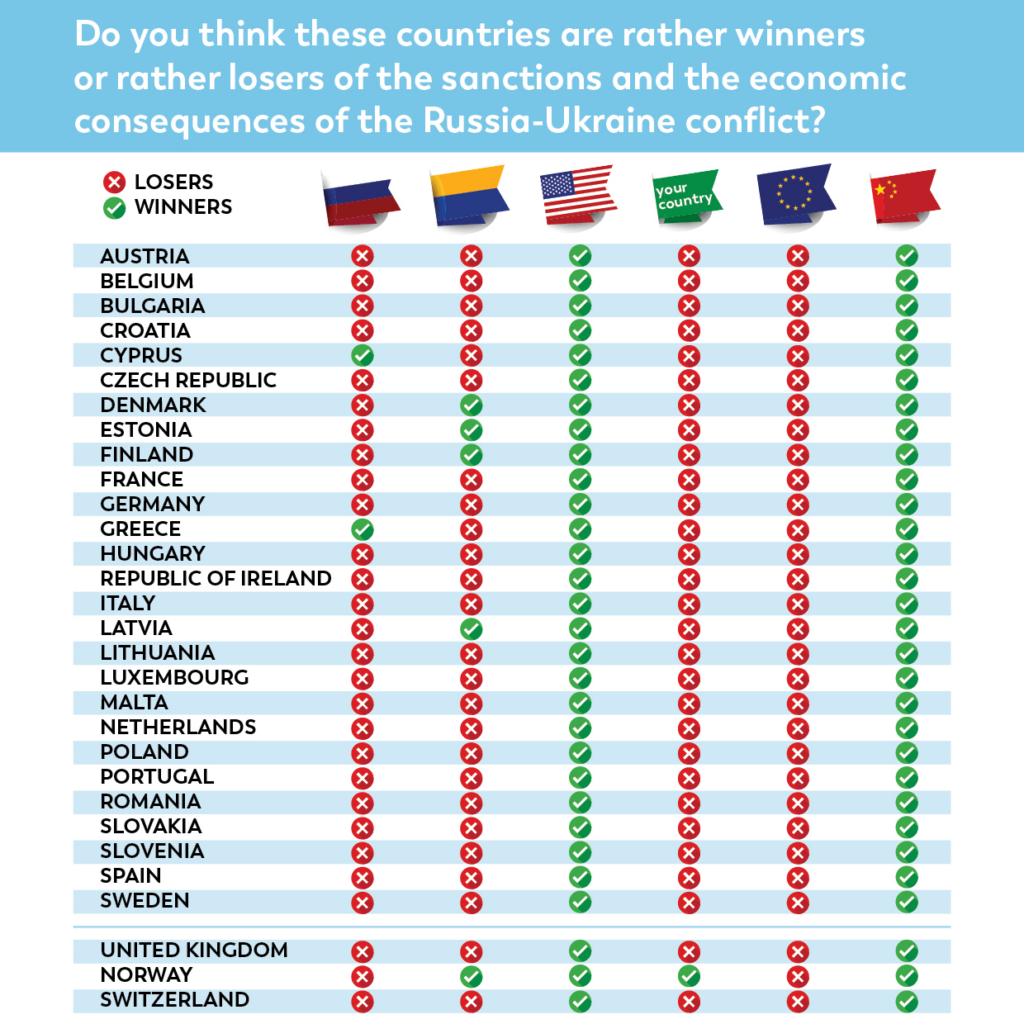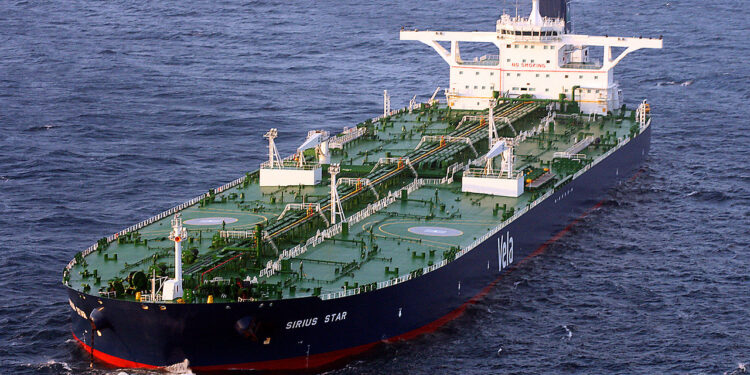On 23 February last year, the day before Russia launched its invasion of Ukraine, popular Substacker Niccolo Soldo wrote the following:
The point of this crisis, from the US perspective, is to effect a final cut off of Russia from Europe economically, so as to reduce Russian influence and increase US dominance on the continent, while cashing in by way of LNG exports to replace Russian gas deliveries.
In the days and weeks after the invasion began, Western countries imposed unprecedented sanctions on Russia, which soon became the world’s most-sanctioned country – overtaking Iran by a wide margin.
From Europe’s perspective, the sanctions on Russian energy were particularly significant: the just-completed Nord Stream 2 pipeline was shelved; and a plan to phase out Russian coal, oil and gas imports was put into effect. (Before the invasion, Russia had been the EU’s single biggest oil and gas exporter, as well as a major coal exporter.) Moscow responded by cutting gas supplies to Europe, leading to a huge spike in prices.
From what we can discern, the impact of Europe’s decision to cut-itself off from its main energy supplier has not been positive.
European energy firms may have spent as much as €1.1 trillion on natural gas from 2021 to 2022 – about five times more than normal. Meanwhile, spending on energy in the OECD as a whole reached 18% of GDP last year – a level not seen since the oil crisis of the late 70s. And the Euro Area’s growth forecast for 2023 is only 0.7% – substantially lower than the forecasts for both the US and Russia.
So what do Europeans think about the sanctions? In a recently published survey for the Hungarian thinktank Századvég, they were asked: “Are the following countries winners or losers of the economic consequences of the Russian-Ukrainian conflict and the sanctions?” The countries were: Russia, Ukraine, the US, the respondent’s own country, the EU and China.
Results are shown below. Note that a cross indicates that a majority of respondents said the relevant country is a “loser”, while a tick indicates that a majority said the relevant country is a “winner”.

In only two countries did a majority say that Russia is a “winner”. Which isn’t particularly surprising – although Russia has weathered the sanctions better than many expected, its economic still contracted by 2.1% last year.
In all 30 countries a majority said that the US and China are “winners”. Both of these results make sense. The US didn’t do much trade with Russia to begin, and has become one of Europe’s largest energy suppliers. Likewise, China has been buying up Russian energy on the cheap, and now has more bargaining power over its ‘junior partner’.
In all 30 countries a majority said that the EU is a “loser”, and in 29 out of 30 a majority said that their own country is a “loser”. The only exception was Norway, which again makes sense (the country is one of Europe’s main energy exporters). Overall, 54% said the U.S. is a winner and 54% said China is a winner, but only 26% said the EU is a winner.
Exactly what Europe could have done differently in response to Russia’s invasion of Ukraine will continue to be debated. What seems clear is that the bloc is one of the main geopolitical losers, with both the US and China strengthened.













To join in with the discussion please make a donation to The Daily Sceptic.
Profanity and abuse will be removed and may lead to a permanent ban.
Follow the money.
The US has benefitted from their decades long economic and political assault on Russia at the expense of their US vassals in Europe.
“Moscow responded by cutting gas supplies to Europe”?????
They were happy to sell gas to Europe if they paid in rubles.
Europe decided to shoot themselves in the foot by rejecting Russia’s proposal.
The US or it’s proxies blowing up Nordstream2 didn’t help the situation.
So here’s the deal – you buy our gas and fully back our Russia regime change project or we may have to re-evaluate our funding NATO and our ‘most favoured nations’ agreement with you. You are with us, or you are against us!
It was really obliging of Russia to blow up its own pipeline in order to boost US LNG exports.
And don’t forget Qatar: https://www.reuters.com/markets/commodities/qatarenergy-shell-agree-27-year-lng-supply-2023-10-18/
“Exactly what Europe could have done differently in response to Russia’s invasion of Ukraine…”
Choosing in the first place to not rattle the sabre continually since ’89 might have been Europe’s better course of action.
Sanctions have never worked anywhere ever. They do not hurt the ppl targeted but hit the poorest in countries where they are targeted. Mrs thatcher was basically utterly sound in being sceptical about sanctioning SA, there the most affected were black south Africans.
Russia is in fact a big winner. It has strengthened its geopolitical role, important leadership role in an expanded BRICS, it is challenging the US Dollar as a petro-currency, moved closer to China, has built up strong cash reserves, consumer confidence remains high.
If the US benefitted, that is not apparent in its economy or the hardship its citizens face because of Bidenomics.